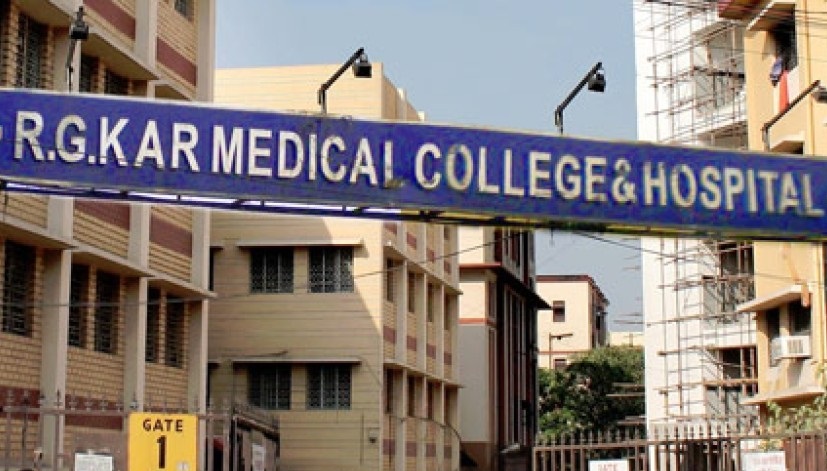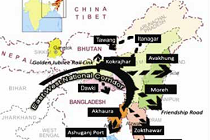A Bengal-Mexico parallel?
The ghastly events in West Bengal reflect a state of helpless residents, run by an apathetic government actively sheltering anti-India migrants, and running Mexico-style narco-criminal syndicates.
 Courtesy:
Courtesy:
The ghastly events in West Bengal reflect a state of helpless residents, run by an apathetic government actively sheltering anti-India migrants, and running Mexico-style narco-criminal syndicates.
 Courtesy: Chaipau/WikimediaCommons
Courtesy: Chaipau/WikimediaCommons
The Narendra Modi government has made the North East a developmental and foreign policy priority. Gateway House has conceived a robust regional economic plan called the “Seven Sisters’ Corridor” that can be the template for a new North East.
 Courtesy: Live Mint
Courtesy: Live Mint
Resolving the issues facing the mangrove forest can advance the relationship between India and Bangladesh
 Courtesy: Rediff.com
Courtesy: Rediff.com
On September 6, Prime Minister Manmohan Singh will visit Bangladesh for a highly anticipated round of talks. This is the moment for both sides to look afresh at the Sundarbans and make it the creative spur for our bilateral prosperity, says Shloka Nath.
 Courtesy: Rex/WikimediaCommons
Courtesy: Rex/WikimediaCommons
While the fractious Indo-Bangladesh relationship has made progress over the past few months, both sides must engage in environmental diplomacy in the vulnerable Sundarbans region to ensure bilateral prosperity.
 Courtesy: Live Mint
Courtesy: Live Mint
A robust economic strategy and a tie-up with East Asia will make India a competitive alternative to China
Gateway House's Executive Director, Manjeet Kripalani, gives us a view from the ground in the last phase of state assembly elections in India's eastern state of West Bengal. The elections are crucial for an incumbent Communist alliance that has ruled for the last 3 decades and is trying to recapture its citadel.
 Courtesy:
Courtesy:
Gateway House launched its first Global Minds Essay Contest, with the theme "Who can save the Sundarbans?", open to any student in India aged 15-19 years. A panel comprising Bittu Sahgal, Vijay Crishna, Ambassador Neelam Deo, and Smita Parekh determined the winners.
 Courtesy:
Courtesy:
Gateway House launched its first Global Minds Essay Contest, with the theme "Who can save the Sundarbans?", open to any student in India aged 15-19 years. This essay by Damini Roy, from Rajasthan, won the first prize.